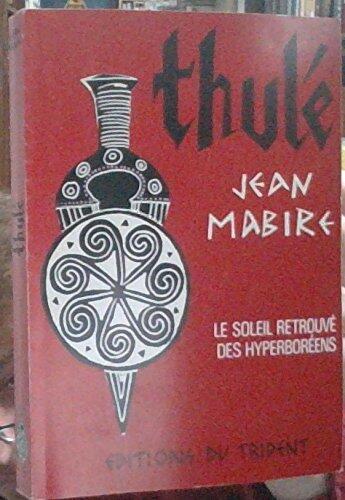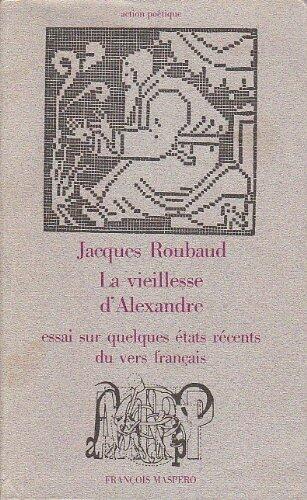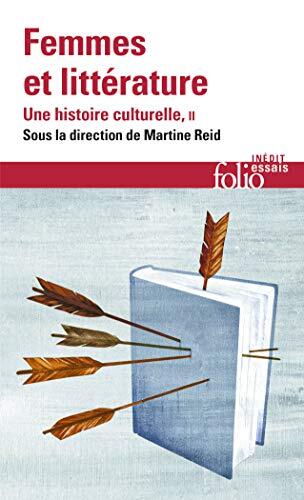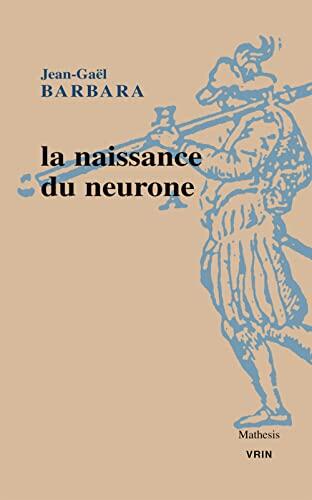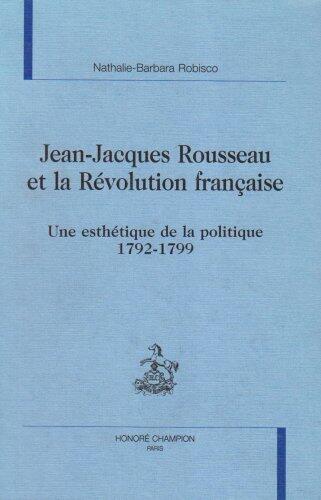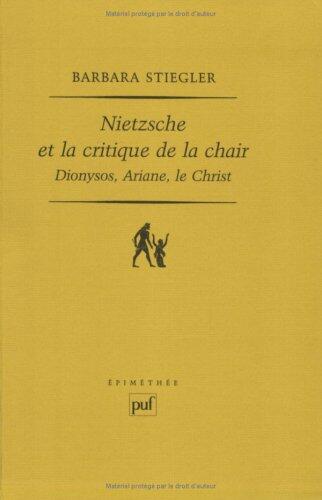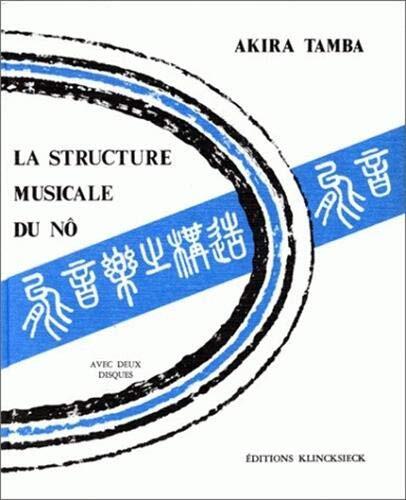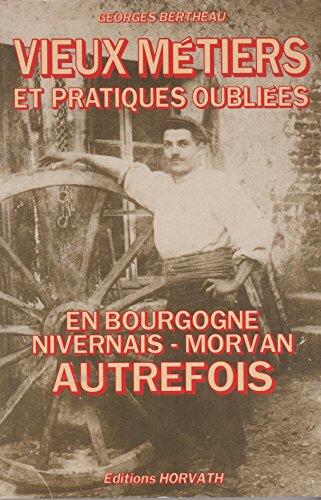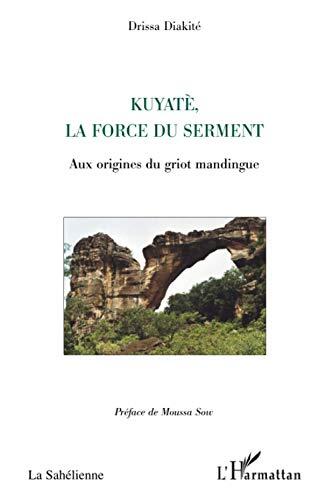
Kuyaté, la force su serment: Aux origines du griot mandingue
بواسطة
Drissa Diakite
لا توجد تقييمات بعد
History
Poetry
تنسيق
غلاف ورقي
صفحات
205
لغة
الإنجليزية
منشور
Jul 1, 2009
الناشر
Editions L'Harmattan
الطبعة
HARMATTAN
رقم ISBN-10
2296092292
رقم ISBN-13
9782296092297
الوصف
In a rich exploration of Malian culture, Drissa Diakité delves into the profound role of the griot within Mandingue society, unraveling layers of tradition, history, and artistry. The narrative unfolds a vivid tapestry, examining how these oral historians and musicians serve not only as entertainers but also as essential custodians of communal memory. Each griot is a repository of ancestral knowledge, preserving the tales of heroes and the wisdom of generations.
Diakité’s writing navigates the complexities of identity, lineage, and the significance of oral tradition in a world increasingly swayed by modernity. Through engaging storytelling, he captures the essence of griots, showcasing their ability to weave narratives that resonate across time and space. The preface by Moussa Sow further amplifies the themes of honor and commitment that define the griot’s existence.
The work offers a compelling interface between culture and scholarship, encouraging readers to appreciate the richness of African heritage and the art of storytelling. It serves as both a tribute and an academic inquiry, crafting an understanding of how griots maintain the vibrancy of their culture. Throughout, Diakité emphasizes the griot’s sacred duty to their people, illustrating how their art is a powerful vehicle for connection and belonging.
Diakité’s writing navigates the complexities of identity, lineage, and the significance of oral tradition in a world increasingly swayed by modernity. Through engaging storytelling, he captures the essence of griots, showcasing their ability to weave narratives that resonate across time and space. The preface by Moussa Sow further amplifies the themes of honor and commitment that define the griot’s existence.
The work offers a compelling interface between culture and scholarship, encouraging readers to appreciate the richness of African heritage and the art of storytelling. It serves as both a tribute and an academic inquiry, crafting an understanding of how griots maintain the vibrancy of their culture. Throughout, Diakité emphasizes the griot’s sacred duty to their people, illustrating how their art is a powerful vehicle for connection and belonging.


